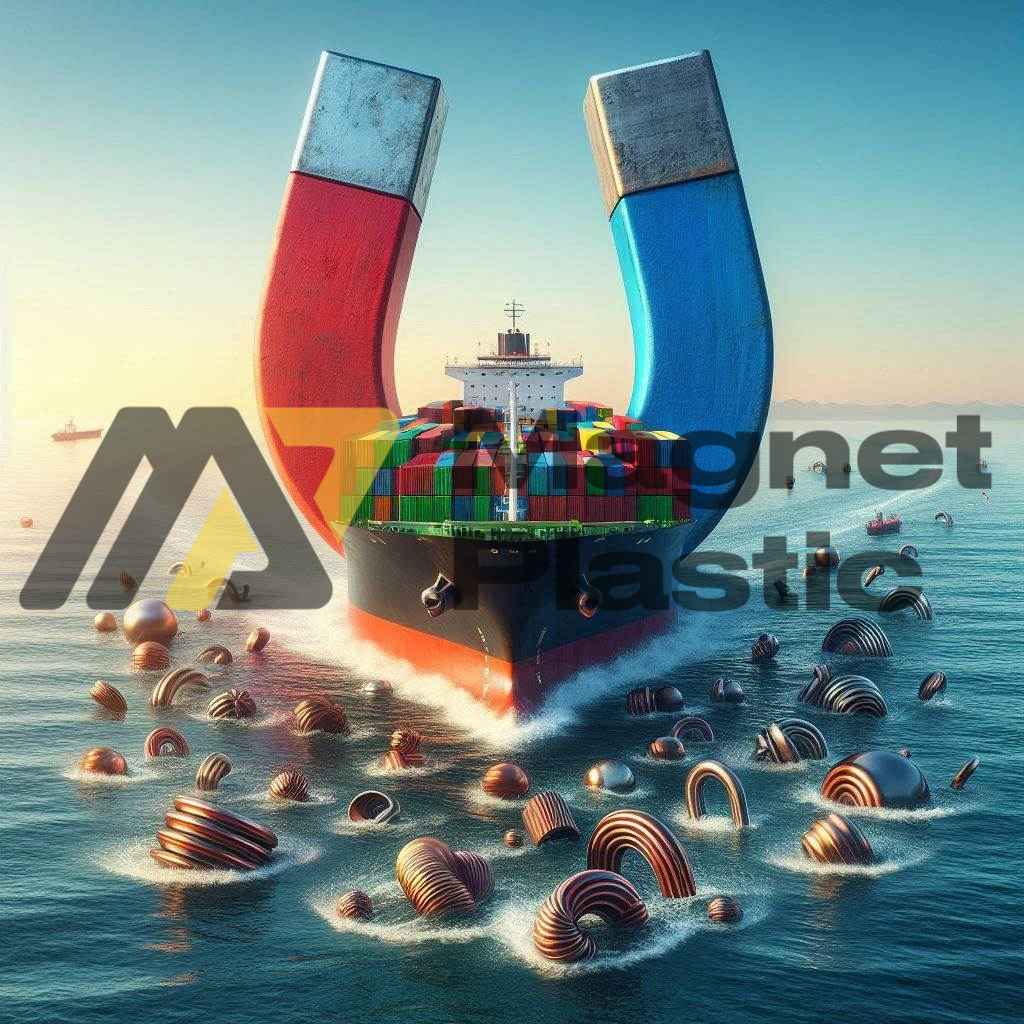China Suspends Rare Earth Exports, Threatening Global Supply Chains
A Retaliatory Measure with Global Consequences
The Chinese government has ordered the suspension of exports of seven of the seventeen rare earth elements it virtually monopolizes, along with the magnets made from them—components that are essential for several key global industries. This move is part of China’s retaliation against the new tariffs imposed by U.S. President Donald Trump’s administration in early April. The decision poses a serious threat to supply chains in sectors such as automotive, aerospace, semiconductors, and defense.
New Restrictions and Special Licensing System
Under the new regulatory framework being developed, these strategic materials can only be exported through special licenses. Industry sources estimate that the licensing process could take at least 45 days, raising concerns among global manufacturers. Chinese authorities have instructed ports and shipping companies to block the departure of these materials from the country.
Uneven Enforcement Across Chinese Ports
The enforcement of these restrictions has been inconsistent across different Chinese ports. Some customs officials are allowing the export of magnets with minimal heavy rare earth content—particularly if they are not destined for the United States—while others demand exhaustive testing before authorizing any shipment. This inconsistency is further complicating international logistics and planning.
US Tariffs Add a Second Layer of Difficulty
China began implementing the restrictions even before the Trump administration announced tariff exemptions for various Chinese consumer electronics. However, magnets remain blocked and, once in U.S. ports, are still subject to American import tariffs—creating a double burden for U.S. companies.
Magnets: A Key Component in Advanced Technologies
Rare earth magnets are vital for the production of electric motors used in electric vehicles, drones, robots, missiles, and spacecraft. Even internal combustion vehicles use these magnets in essential systems like power steering. Major manufacturers such as Tesla and BYD are heavily reliant on high-performance magnets, making the current situation particularly concerning for these firms.
A Critical Dependence on China
The disruption in the rare earth supply chain could have serious consequences for global manufacturers—particularly U.S. companies, which have limited capacity to produce rare earths domestically. China is the world’s largest producer of these strategic materials, having extracted 240,000 metric tons in 2023, mainly from mines in the country’s southeast. In comparison, the U.S. produced just 43,000 metric tons.
Global Distribution of Rare Earth Reserves
Global reserves of rare earth elements are estimated at approximately 130 million metric tons. China holds about one-third of these reserves (44 million tons), followed by Vietnam and Brazil, each with over 21 million tons.
Limited U.S. Alternatives on the Horizon
In response to the restrictions, the Mountain Pass mine in California is planning to start commercial production of rare earth magnets in Texas by the end of the year. This initiative aims to supply General Motors and other manufacturers, offering a limited but important alternative source of supply.
